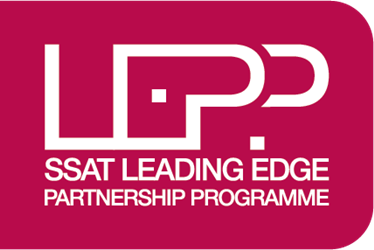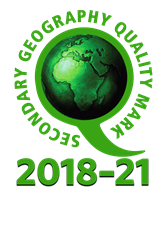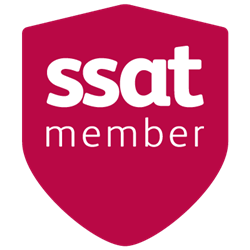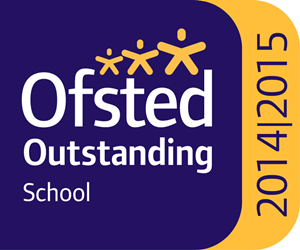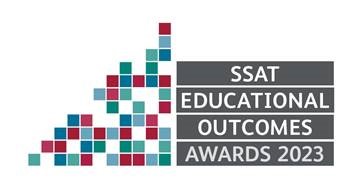A Level Computing
Entry Requirements:
Computing Grade 6 Maths Grade 6
Exam Board: OCR
Course content:
Topics
- The characteristics of contemporary processors, input, output and storage devices
- Software and software development
- Exchanging data
- Data types, data structures and algorithms
- Legal, moral, cultural and ethical issues
- Elements of computational thinking
- Problem solving and programming
- Algorithms to solve problems and standard algorithms
Year 12 & 13 Computer systems paper:
Topics 1-5 from subject content above
Algorithms and programming paper
Topics 6-8 from subject content above Non-Exam assessment
The non-exam assessment: assesses student's ability to use the knowledge and skills gained through the course to solve a practical problem. Students will be expected to follow a systematic approach to problem solving.
Key Skills: The capacity to think creatively, innovatively, analytically, logically and critically. An understanding of the organisation of computer systems, including software, hardware, data, communications and people. The ability to apply skills, knowledge and understanding of computing, including programming, in a range of contexts to solve problems. Other Skills Developed Skills in project and time management. The capacity to see relationships between different aspects of the subject and perceive their field of study in a broader perspective.
Assessment
Computer Systems Paper: Written exam 2 hour 30 minutes 40% of A Level
Algorithms and Programming Paper Written exam 2 hour 30 minutes 40% of A Level
Non-Exam assessment 70 marks 20% of A Level
Career Value
In today's workplace, those with knowledge and skills in computing have the opportunity to pursue new and exciting careers and to be instrumental in the conception of computer systems that increasingly shape work and leisure activities. It is envisaged that students will utilise the skills and knowledge of computing in one of three ways. Firstly, to provide a general understanding of the use of computer technology and systems, which will inform their decisions and support their participation in an increasingly technologically dependent society. Secondly, to provide the necessary skills and knowledge to seek employment in areas that utilise computing, where they may develop their skills and knowledge further through practical experience and training. Thirdly, students may choose to continue to develop their knowledge and understand of computing through entry to higher education, where this qualification will provide a useful foundation for further study of computing or more specialist aspects of computing.


